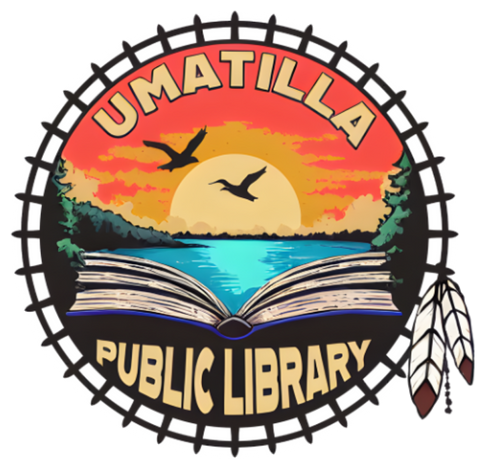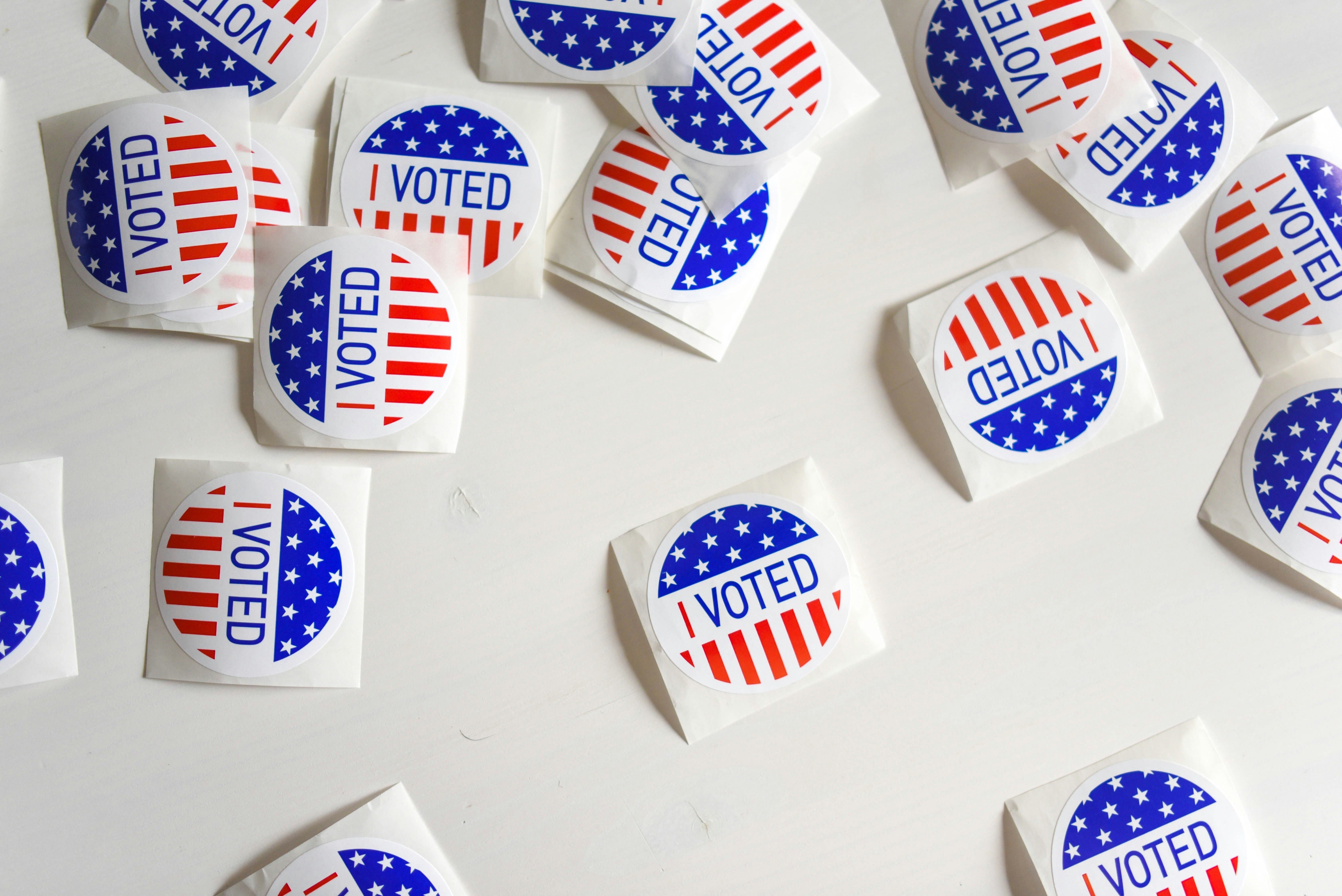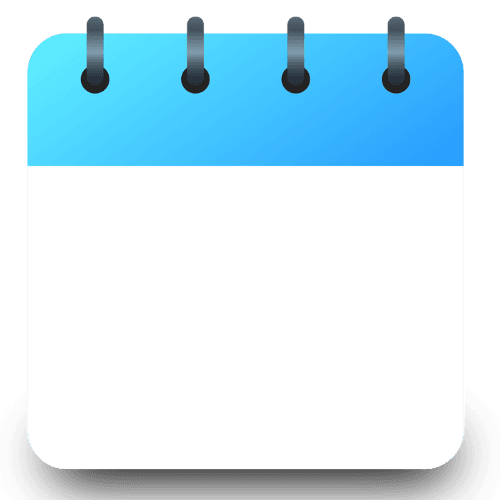Presidential Elections
Resources for Voters: Whether you're a first-time voter or an old hand, these sites can help you with the practical side of voting.
-
This project is dedicated to encouraging newly eligible voters to get involved in the election process and to vote. Locate research on how many young people have turned out for the caucuses and primaries, register to vote, find your polling place, and learn how to become involved.
-
Find voting records, biographical information on the candidates arranged by state, interest group ratings, campaign finances, positions on issues, public statements and more.
-
If you're a young person interested in voting and the political process, Rock the Vote is a great place to start. Find information on how to vote, view a map showing how many young voters have turned out to primaries so far, and keep up with election news on the Rock the Vote blog.
-
If you are looking for basic information about how voting works, who is eligible to vote, what kind of identification is required to vote or to register to vote, and what kind of voting machines the different states use, this nonpartisan site from the League of Women Voters can help.
The Electoral Process: Are you curious about the history of presidential elections in the United States? Do you need to know how the electoral college works, what qualifications a person needs to be eligible to run for president, or how the candidates are paying for their campaigns? Turn to these sites for answers!
-
The law of politics and the politics of law is the focus of Loyola Law Professor, Rick Hasen's blog. Topics include campaign finance, legislation, voting rights, initiatives, redistricting and the Supreme Court nomination process. This informal-looking blog is actually brimming with valuable links and references to resources related to election law.
-
This nonpartisan website from the Pew Center provides news, information and analysis about election reform and election administration.
-
Find the latest news about election reform and the move to increase voter participation, and read reports on a wide array of election issues, from the Center for Voting and Democracy.
-
Political campaigns need money to function, and the Federal Election Commission is responsible for administering and enforcing federal laws about campaign financing. Their website has maps, general information, and detailed data about donations to presidential and congressional candidates' campaigns, and where that money came from.
-
Nonpartisan, independent and nonprofit, the Center for Responsive Politics is the nation's premier research group tracking money in U.S. politics and its effect on elections and public policy.
-
The official site of the Electoral College has historical election results, answers to frequently asked questions, and a section devoted to the Electoral College.
-
A brief essay explaining how caucuses work, and outlining the differences between caucuses and presidential primary elections. The Iowa caucus (the first race of the presidential election year) is used as an example.
State & Local Information
-
Here you can find Oregon voter resources including the Voting in Oregon Guide in Spanish, comprehensive information about the candidates, voting and election laws and campaign finance. Track the status of initiatives, look at how much has been spent on an initiative by a committee, and use the ORESTAR database to find detailed information about candidates and committees. Track the history of Oregon elections back to 1995. See also this page of Federal, State, and County officials.
-
Find information about elections, voting, caucuses, candidates and political parties in the state of Washington.
-
The Oregon chapter of the League of Women Voters publishes non-partisan voters' guides for each election, as well as reports on many electoral and political issues of interest to Oregonians.
Internal Resources
-
Get answers to questions about election registration, vote counting, and ballot characteristics around the world using comparative data.
-
Find a list of countries where elections are monitored by the Carter Center, and read reports on their work observing elections and the electoral process in different parts of the world.
-
ElectionGuide is provided by the International Foundation for Electoral Systems (IFES), an international nonprofit dedicated to strengthening electoral democracy. Launched in 1998 through a grant from USAID, ElectionGuide is the most comprehensive and timely source of verified election information available online. It provides content on: National elections around the world; Subnational elections of high interest; Political parties and candidates; Referendum provisions; News on election-related laws and developments around the world; Political institutions and electoral systems; and Election results and voter turnout.
-
Find reports on United Nations activities in countries that have requested election monitoring assistance, such as Afghanistan, the Occupied Palestine Territory, and the Congo.
Election History
-
A 2019 Article by Jeva Lange discussing the history of the televised presidential debates from 1960 to present day.
-
Political campaign advertisements are an important way for candidates to deliver their messages to voters—at this exhibit you can watch dozens of television campaign ads from the last fifty years. Or, take a look at web advertising videos created for the 2004 presidential campaign, some created by candidates, and others by individuals and public interest groups.
More Resources
-
Find information about election legislation, government reports about the election process, technical information about voting machines and processes, and other information of interest to local election officials, at this site from the National Association of Election Officials.
-
We often hear the results of opinion polls in election-related news stories, but what do these poll results really mean? This article explains how polls work, and defines terms like "random sample" and "margin of error."
-
Locate information on mayoral elections across the United States. Users may search the database by city, state, political party, or name of candidate. Searches yield city name, state, party and name of election winner, percentage of votes earned by winner, and month of election.





